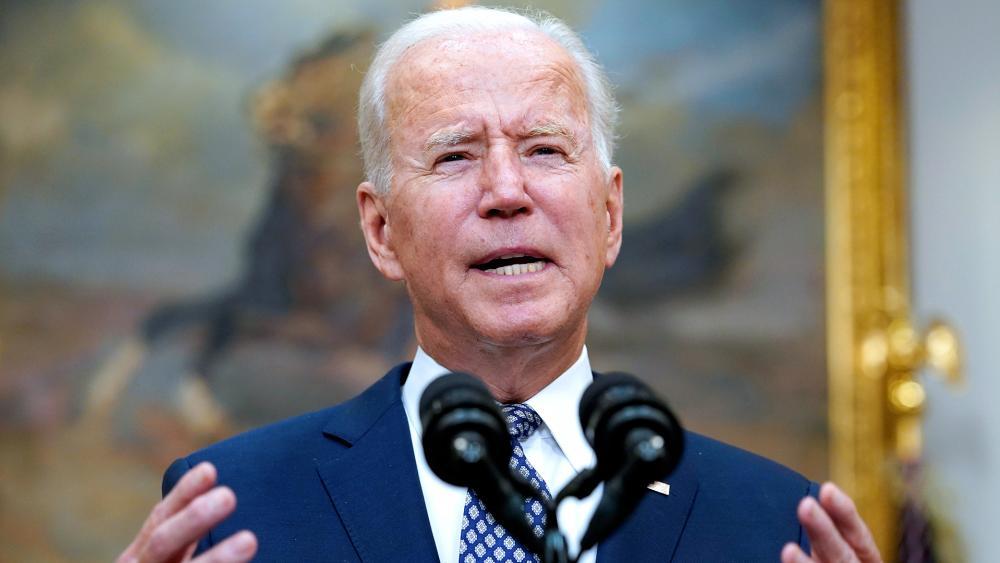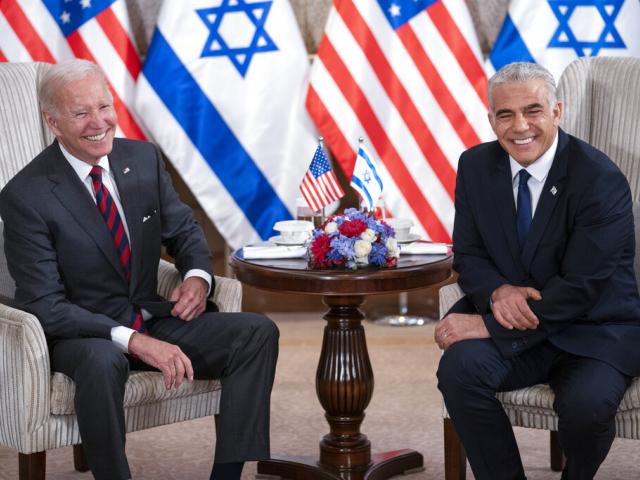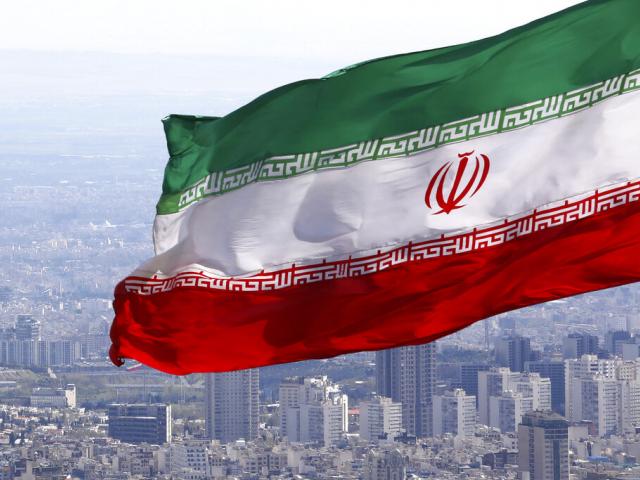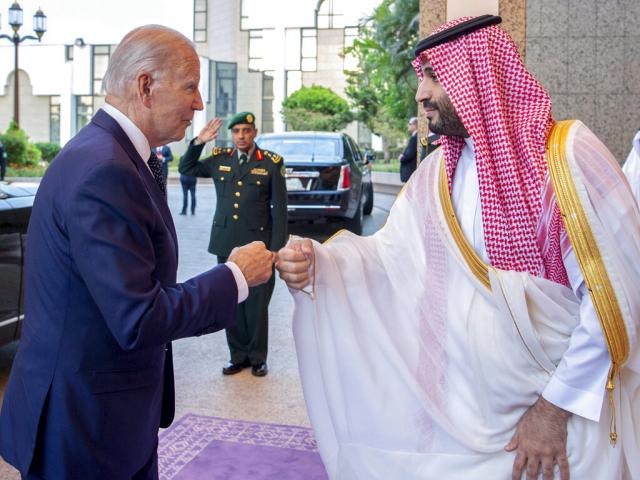JERUSALEM, Israel – When President Joe Biden came to visit Israel and Saudi Arabia, things began to change in the region as agreements for mutual defense between Israel and neighboring Arab countries built by the historic Abraham Accords began to fall apart.
“The security architecture publicly at least unraveled. It was canceled and the UAE instead is now trying to establish diplomatic relations with Iran as are some of the other countries. It seems as though they measured the commitment of the United States to confronting Iran up, measured it as too weak, and are trying to come to some terms with the Iranians,” says Middle East expert David Wurmser.
President Biden said while visiting Israel that he would use military force against Iran as a “last resort.”
Wurmser says the unwillingness of the Biden administration to present a credible military threat toward Iran puts the Sunni Gulf countries in a vulnerable position.
“Because alone they really can’t stop the Iranians. They can’t defend themselves effectively against the Iranians. So, they have only one or two choices. One choice is to grovel in front of the Iranians, which is the path they are showing some sign of. The second choice is to find a new strong horse, a patron of power that can help defend them,” says Wurmser.
In addition to the defense concerns, the Biden administration is also making a change to the Abraham Accords by re-introducing the Oslo framework for Middle East peace talks by bringing in Jordan, Qatar and the Palestinian authority. But other countries don’t support that idea.
“The Saudis, the other Arab nations, do not like the Palestinian Liberation Organization (PLO). They do not like what they are doing in various areas. So, by forcing that back in, it actually threatened the Abraham Accords,’ says Wurmser.
“Again, fortunately, I think the overriding interests of the countries are so strong that the Abraham Accords will survive but it will not be with US coordination,” Wurmser adds.
Former special envoy for the Abraham Accords Aryeh Lightstone says these Gulf countries are frustrated.
“There is a feeling of, ‘what are we going to do for the next 26 months?’” Lightstone says.
Lightstone says if the US doesn’t lead, other nations are waiting to take over.
“There’s no coincidence that Putin showed up in Iran just as Biden left the region. There’s a competition here. If the US doesn’t lead, Russia or China will. It’s absolutely in our interest to lead and those countries want to be led by us. They want to follow and stand next to us. They don’t want to stand next to Putin. They don’t want to sit next to the Chinese but if we’re not there, the Russians and Chinese are.”
***Please sign up for CBN Newsletters and download the CBN News app to ensure you keep receiving the latest news from a distinctly Christian perspective.***
Did you know?
God is everywhere—even in the news. That’s why we view every news story through the lens of faith. We are committed to delivering quality independent Christian journalism you can trust. But it takes a lot of hard work, time, and money to do what we do. Help us continue to be a voice for truth in the media by supporting CBN News for as little as $1.













 Support CBN News
Support CBN News










